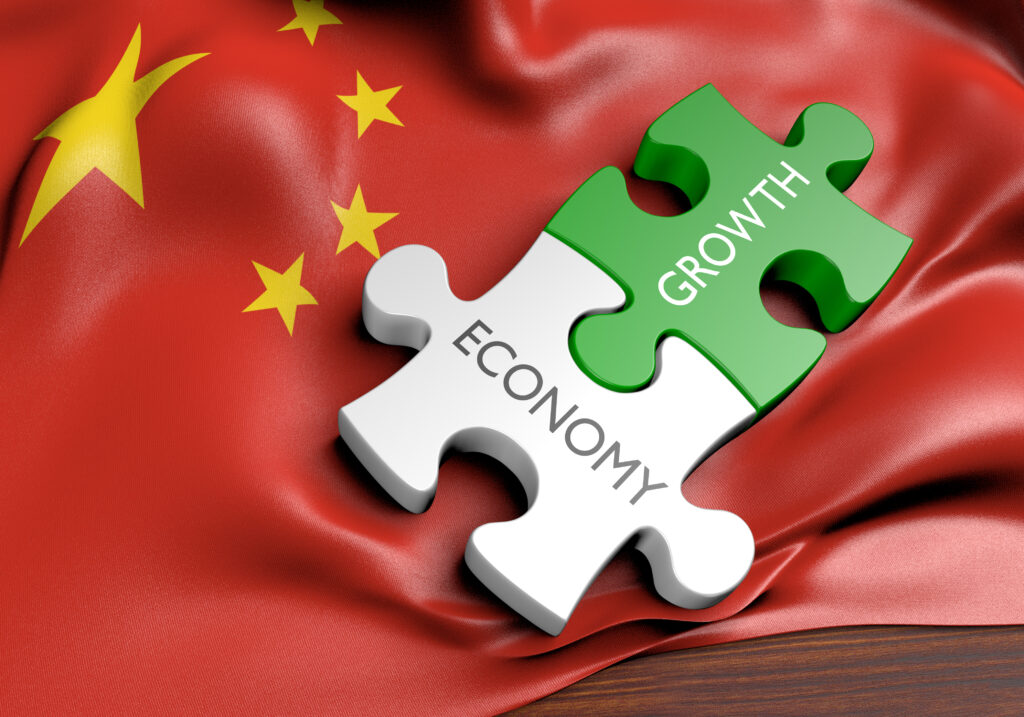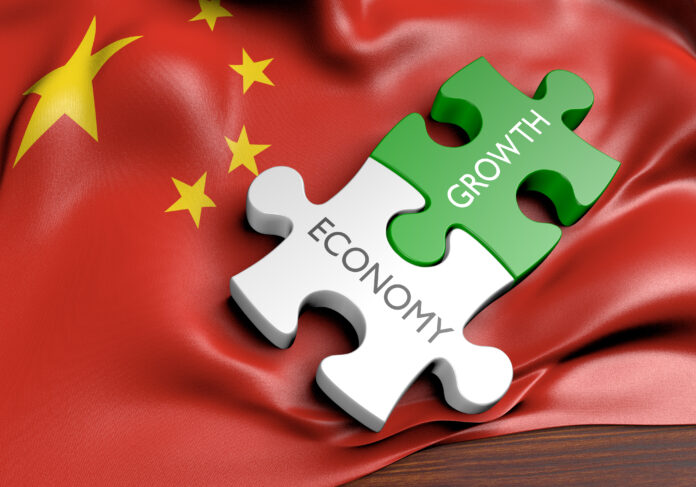In an unforeseen turn of events, China’s allure to foreign investors has plummeted to levels not seen since the early 90s.
Amidst a backdrop of global economic recalibration and geopolitical tensions, the once robust flow of foreign direct investment (FDI) into the world’s second-largest economy recorded an 82% decrease from the previous year, falling to a stark $33 billion in 2023, the State Administration of Foreign Exchange disclosed.
This chilling figure not only marks a significant retreat from international engagement but also signifies the formidable headwinds the Chinese economy faces as it attempts to emerge from the shadows of recent COVID lockdowns and its resultant tepid recovery.
The Struggle to Rekindle Foreign Interest

As Beijing undertakes the Herculean task of rejuvenating its FDI appeal, the obstacles it encounters are multifaceted.
From the remnants of stringent pandemic restrictions to rising geopolitical tensions and competitive interest rates abroad, China stands at a financial crossroads.
Foreign companies, traditionally significant contributors to China’s industrial progress, witnessed a 6.7% drop in profits last year, as reported by the National Bureau of Statistics.
This stark downturn signals a growing reticence among overseas investors, prompting a reevaluation of China’s position in global investment portfolios.
Read More: Daiso Founder Hirotake Yano Dies at 80, Leaves Behind Retail Legacy
Comparative Realities: A Mixed Bag of Foreign Investment
While the broader picture depicts a retreat, the narrative is not uniformly bleak. German companies, in a contrasting trend, propelled their direct investment in China to a record near €12 billion ($13 billion), as per a German Economic Institute report.
This gesture of confidence underscores a complex landscape where security concerns are juxtaposed with the strategic imperative to maintain a foothold in China’s vast market.
Conversely, economies traditionally intertwined with China’s industrial machine, such as Japan, South Korea, and Taiwan, are reevaluating their stakes.
Japanese firms have significantly curtailed their investments, channeling a meager 2.2% of their new overseas investments into China, a figure overshadowed by their ventures into Vietnam, India, and even Australia.
Taiwanese and South Korean businesses echo this cautious stance, with investments plummeting to their lowest since 2001 and 2002, respectively.
Also Read: Bitcoin And The IRS: The Ultimate Saga
Navigating Forward: Challenges and Opportunities

The shifting trends in FDI underscore a pivotal moment for China’s economic strategy. The gradual opening of China’s market and the ongoing adjustments in its regulatory framework are seen by some experts as steps in the right direction.
However, the pace and substance of these reforms are critical to enticing foreign investment back on a sustainable path.
The Chinese government faces a dual challenge of mitigating foreign investors’ concerns while fostering an environment conducive to economic revitalization.
Policymakers are tasked with navigating between stimulating domestic growth and attracting international capital, a balance crucial for sustaining China’s economic ambitions on the global stage.
What Lies Ahead
As we move further into 2024, the narrative of China’s FDI saga will largely hinge on the global economic climate and the subtleties of geopolitical dynamics.
The agility of Chinese policymakers in addressing investor concerns and the country’s capacity to present itself as a stable and lucrative investment destination will be closely watched by the international community.
China’s journey to reassert its position as a prime hub for foreign direct investment is fraught with uncertainties, but it also harbors opportunities for recalibration and renewed engagement.
How Beijing traverses these choppy waters will profoundly influence not only its economic trajectory but also the contours of global investment flows in the years to come.
Read Next: China Cuts Key Mortgage Rate to Fuel Property Market and Economic Stability

A writer, editor, and publisher with a knack for crafting informative articles.

